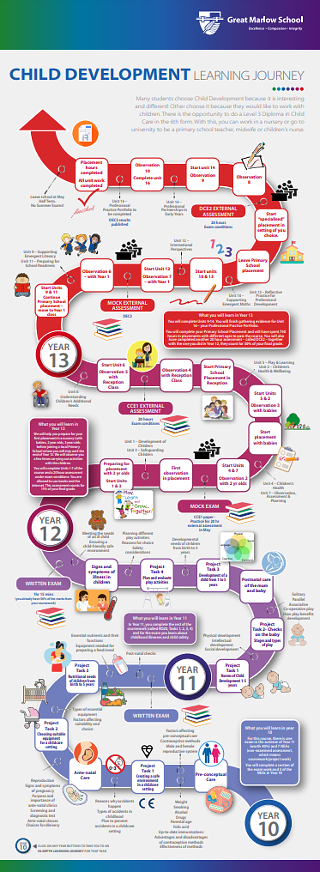
Telephone - 01628 483 752
Company Registration No.07690054
- Welcome
- News & Events
- About Us
- School Life
- Canteen & Catering
- Careers Programme
- Duke of Edinburgh’s Awards
- House System
- Library
- Lockers & Bicycle Racks
- One to One Laptop Scheme
- Parents’ Evenings
- Prefects: Sixth Form & Year 11
- Safeguarding
- School Nurse
- School Transport
- Student Support and SEN
- Teacher Training
- Transition to Year 7
- Uniform, Hair, Jewellery, Phones
- 6th Form
- Curriculum
- Parent & Carers
- Attendance Guide
- Bucks Family Information Service
- Bucks School Transport
- Communication & Catering
- Friends of Great Marlow School
- Information Evenings
- Gift Aid
- Letters Home
- Mental Health Support
- Online Safety Resources
- Parent/Carer Services
- Progress Review Guides
- School Uniform Shops
- Special Educational Needs
- The Voice – School Newsletter
- Student Area
- Sport
- Gallery
Child Development
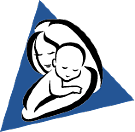 ABOUT CHILD DEVELOPMENT
ABOUT CHILD DEVELOPMENT
Child Development is a hugely popular subject at GMS. Feedback, combined with the year on year first class results, show how successful this course is to all those who opt for this subject.
Lessons are dynamic and delivered by experienced staff, who open many and varied opportunities to the students they teach. Many interesting and varied visits are organised during the two year course to a wide number of child care organisations. Added to this are all the visitors invited into school: midwives, mothers with new born babies; mothers with toddlers; mothers discussing healthy eating.
The course is invaluable because it comprehensively covers all aspects of a child’s early life.
All students who enrol, to study Child Development, learn about the importance of the child’s progress within the home, family and community. Moreover, independent study, so valuable in many careers, is fostered by the course, because students complete individual portfolio tasks.
The Child Development course is chosen by some who know they want a career working with children; others choose Child Development because it is interesting, relevant and offers the chance to acquire different skills from other KS4 courses.
There is a direct route to GMS’s Sixth Form childcare course: from there teaching careers, nursing careers and child care careers are all available.
- Child Development at Great Marlow School
- Learning Ladders
- OCR Cambridge National Level 1 & 2
- CACHE Level 3 Technical Diploma in Childcare and Education (Early Years Educator)
- Careers in Child Development
CHILD DEVELOPMENT AT GREAT MARLOW SCHOOL
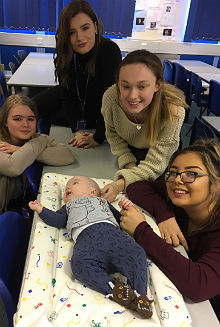 The Child Care and Development Department offers a range of courses, at Key Stage 4 and Key Stage 5, teaching students in Years 10 to 13.
The Child Care and Development Department offers a range of courses, at Key Stage 4 and Key Stage 5, teaching students in Years 10 to 13.
The department is staffed by specialists who are committed to providing exciting learning experiences whilst supporting students to reach their full potential. Learning is fun and many visitors are invited into the classes to share their relevant experiences with the students. All of the subjects offered in the department are open to both boys and girls.
There is a specialist teaching area, equipped with PCs, laptops and a wide range of current resources.
The teachers are proud of the students’ achievements and results to date, which have been very impressive both at Key Stage 4 and 5.
Child Development is a very popular subject at Great Marlow School and feedback from students show this:
“Child Development is an amazing, fantastic and spectacular subject which comes in useful in our everyday lives. The Child Study helped me to see how a child develops in all areas of its development. The visitors help us to relate theory to practice.” Year 11 student.
KEY STAGE 4: YEARS 10 & 11
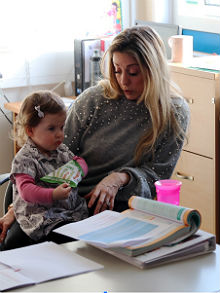 The OCR National Level 1 & 2 is equivalent to a GCSE.
The OCR National Level 1 & 2 is equivalent to a GCSE.
The course is taught through both traditional classroom methods and visiting speakers. The department involves outside agencies like midwives, and mothers with their babies, to discuss topics such as equipment, nappies and weaning.
- 50% of the grade is achieved through portfolio work.
- 50% of the grade is achieved through an exam in Year 11.
- Students complete 7 portfolio tasks/projects in class which count for 50% of their final grade.
The 7 research projects are as follows:
- Travel, feeding, sleeping, clothing/footwear for a baby and toddler room in a nursery.
- Nutritional requirements for 0-5 year olds (micro and macronutrients, fibre, water, Eatwell Guide)
- Breast and bottle feeding comparison. Students are required to make up a bottle feed as part of their assessment.
- The development of children form 0-5 years; physical, intellectual, social development.
- The benefits of play and types of play.
- Planning different play activities for a chosen developmental area for a child from birth to five years.
- Carrying out different play activities for a chosen developmental area with a child from birth to five years.
For the exam, students will learn about:
|
|
Year 10 Child Development Grade Converter
| GCSE New Grade | Cambridge National | GCSE Old Grade |
|---|---|---|
| 9 | ||
| L2 Distinction * | A* | |
| 8 | ||
| 7 | L2 Distinction | A |
| 6 | ||
| L2 Merit | B | |
| 5 | ||
| 4 | L2 Pass | C |
| 3 | L1 Distinction | D |
| 2 | L1 Merit | E |
| L1 Pass | F | |
| 1 | G |
CACHE Level 3 Technical Diploma in Childcare and Education (Early Years Educator)
Introduction
In the Sixth Form at GMS, students can study for the CACHE Level 3 Technical Diploma in Childcare and Education (Early Years Educator)
This is a two-year course, which cannot be combined with any other A-levels.
Students do not need to have studied Child Development previously.
Students can progress from this course to employment in a private nursery, as a nanny, or support assistant in a nursery or primary school.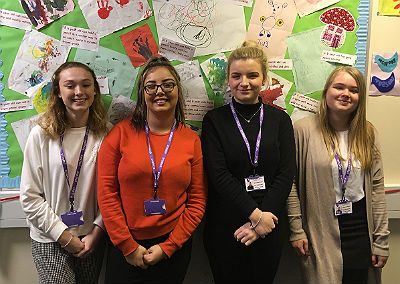
Alternatively, depending on the final grade achieved, students have the opportunity to gain entry to university. (UCAS points 72-168 are awarded, depending on the final grade). Many students go onto study paediatric nursing or primary teaching, for example.
During the course, the students alternately attend school for a week and placement for a week. They continue alternating their time this way throughout the course. The school organises suitable placements for students resulting from strong relationships with local settings built up over the years.
Over the duration of the course, students are visited by course leaders in their setting and observed carrying out activities, this forms part of the assessment for Unit 16.
Students complete 16 units and 2 externally marked assessments under supervised conditions. These assessments are completed in the classroom with access to notes, books and the internet and are supervised by the classroom teacher.
There are no exams.
Units covered are as follows:
Year 12 Units
- Unit 1 – Child Development from Birth to Seven Years
- Unit 2 – Children’s Health and Well Being
- Unit 3 – Providing Safe Environments for Children
- Unit 4 – Child Health
- Unit 5 – Play and Learning
- Unit 6 – Understanding Children’s Additional Needs
- Unit 7 – Observation, Assessment and Planning
External Assessment – CCE1- 20 hours in May of Year 12
Year 13 Units
- Unit 9 – Supporting Emergent Literacy
- Unit 10 – Supporting Emergent Mathematics
- Unit 11 – Preparing for School Readiness
- Unit 12 – International Perspectives
- Unit 13 – Reflective Practice for Professional Development
- Unit 16 – Professional Practice Portfolio
External Assessment – DCE2 – 20 hours in February of Year 13
Entry Requirements:
Students are required to have a minimum of GCSE Grade 4 for English and Maths, plus three other Grade 4s. If students are considering progression into primary teaching, they also require a Grade 4 in Science GCSE.
External candidates are welcome to apply to study for this qualification.
CAREERS IN CHILD DEVELOPMENT |
||
| Child Minders | Midwife | Private Nanny |
| Childcare Practitioner | Nurse | Teacher |
| Child Psychologist | Nursery Assistant | Teacher’s Assistant |
| Crèche Worker | Nursery Nurse | Social Worker |
| Holiday Company Employee | Outdoor Activity Centre Worker | Special Needs Assistant |
